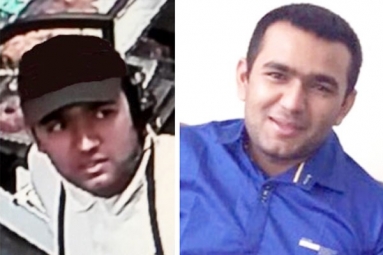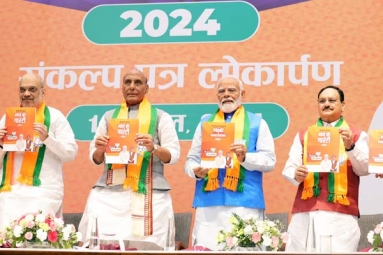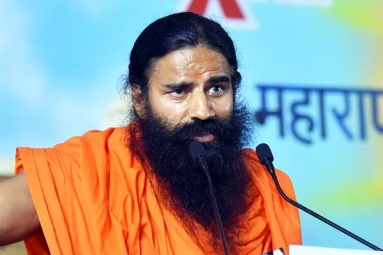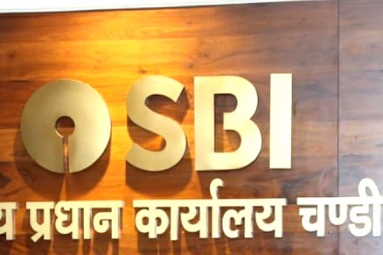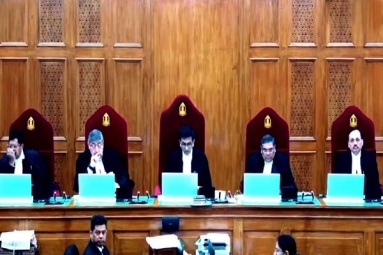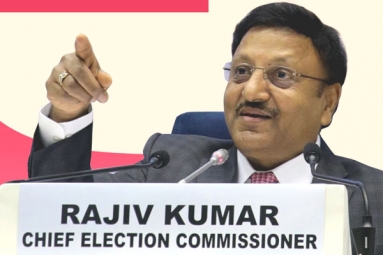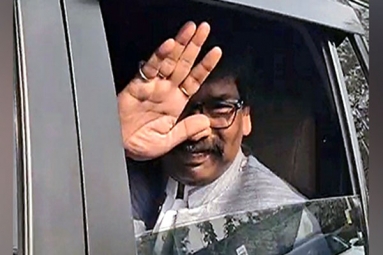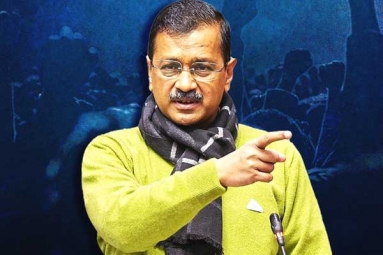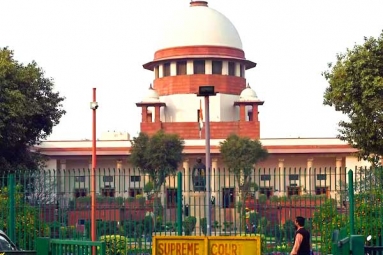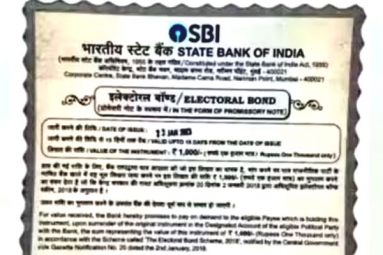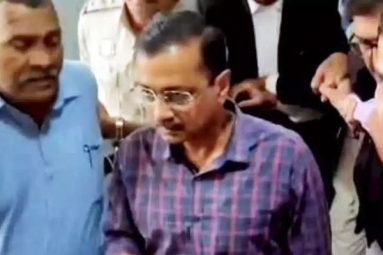SC Delivers Historic Verdict: Being Gay No Longer Crime in India
September 06, 2018 12:44
(Image source from: Hindustan Times)
The Supreme Court on Thursday restored a landmark Delhi High Court judgment which had criminalized homosexuality in a move that was immediately hailed by the minority LGBT (Lesbian, Gay, Bisexual, and Transgender community).
A five-judge bench led by CJI Dipak Misra read down Section 377 of the Indian Penal Code, to exclude all kinds of adult consensual sexual behavior. The law will still stand on the statute book to deal with unnatural sexual offenses against minors and animals such as sodomy and bestiality.
The dreaded section not only made any kind of homosexual behavior but also other kinds of "unnatural" sex such as oral and anal sex etc a criminal offense.
A.M. Khanwilkar, R.F. Nariman, D.Y. Chandrachud and Indu Malhotra, were the other benches on the bench. The judgment was unanimous.
The bench, however, stopped short of striking down the law. It also refrained from making a positive declaration of the community's right to life and dignity which includes the right to make a choice of sexual preference.
The Delhi High Court had in 2009 taken this view, but a bench of the top court had controversially undone the ruling saying changing mores were best left to Parliament to deal with.
Section 377 makes even consensual sexual acts - both homosexual and heterosexual - a crime if they are against the order of nature.
Those in favor of diluting the law to decriminalize all consensual sexual behavior have argued that majoritarian morality must make way for constitutional morality which makes it mandatory for the state to provide equality to all.
No one can be discriminated against only on the grounds of their sexual orientation and called for constitutional protection to even sexual minorities.
Those against diluting Section 377, sundry religious outfits and individuals, have cited morality, religion and cultural ethos of India had urged the court to retain the law on the statute book.
The government on its part left the issue to the court but insisted it cannot go beyond debating criminality, to examine other civil rights for the community such as the right to marry, adopt etc.
Several leading lights of the small but significant LGBT community had challenged the very existence of the law on the statute book. A review of the top court’s 2013 judgment is still pending.
By Sowmya Sangam





